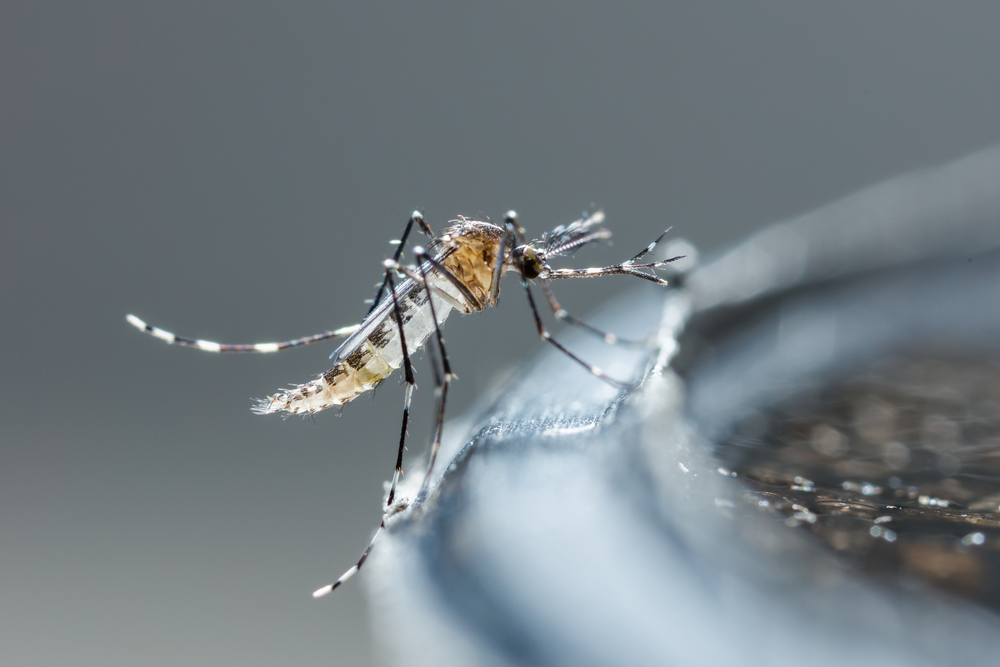
Trying to prevent the spread of the disease
“This is an exciting development because it represents the ground-breaking work of hundreds of passionate people over more than a decade in multiple countries, all of whom want to protect communities from dengue, Zika, yellow fever, and other vector-borne diseases,” Oxitec CEO Grey Frandsen said in May after EPA gave the go-ahead to the project.
Oxitec is a British owned and U.S. based company that modified the mosquitoes for the trial. Those mosquitoes (called OX5034) were modified in such a way that females die before passing the larval stage. This trial looks very promising, as female mosquitoes are responsible for biting humans and transmitting the disease. Male mosquitoes feed on plant nectar and are not known for spreading the disease, they do not bite, so that’s why the released mosquitoes will be all male.
So when the OX5034 mosquitoes will mate with the female mosquitoes, their offspring are expected to die before they are old enough to bite humans. However, this project is not novel, as Oxitec has already released modified mosquitoes in the Cayman Islands and Brazil in the past 10 years.
But this is indeed something new in the U.S. as it is the first time it is done here. This project will be overseen by the Centers for Disease Control and Prevention (CDC) and scientists at the University of Florida.
“It’s gone extremely well,” Oxitec scientist Kevin Gorman shared about the mosquito release in Brazil. “We have released over a billion of our mosquitoes over the years. There is no potential for risk to the environment or humans.”
The Environment Protection Agency gave Oxitec the green light, but they have to warn the state officials 72 hours before setting the modified mosquitoes into the Florida Keys. Moreover, after releasing the mosquitoes, they have 10 weeks to test and analyze their behavior. The test should find out if any females mosquitoes are being born.











































